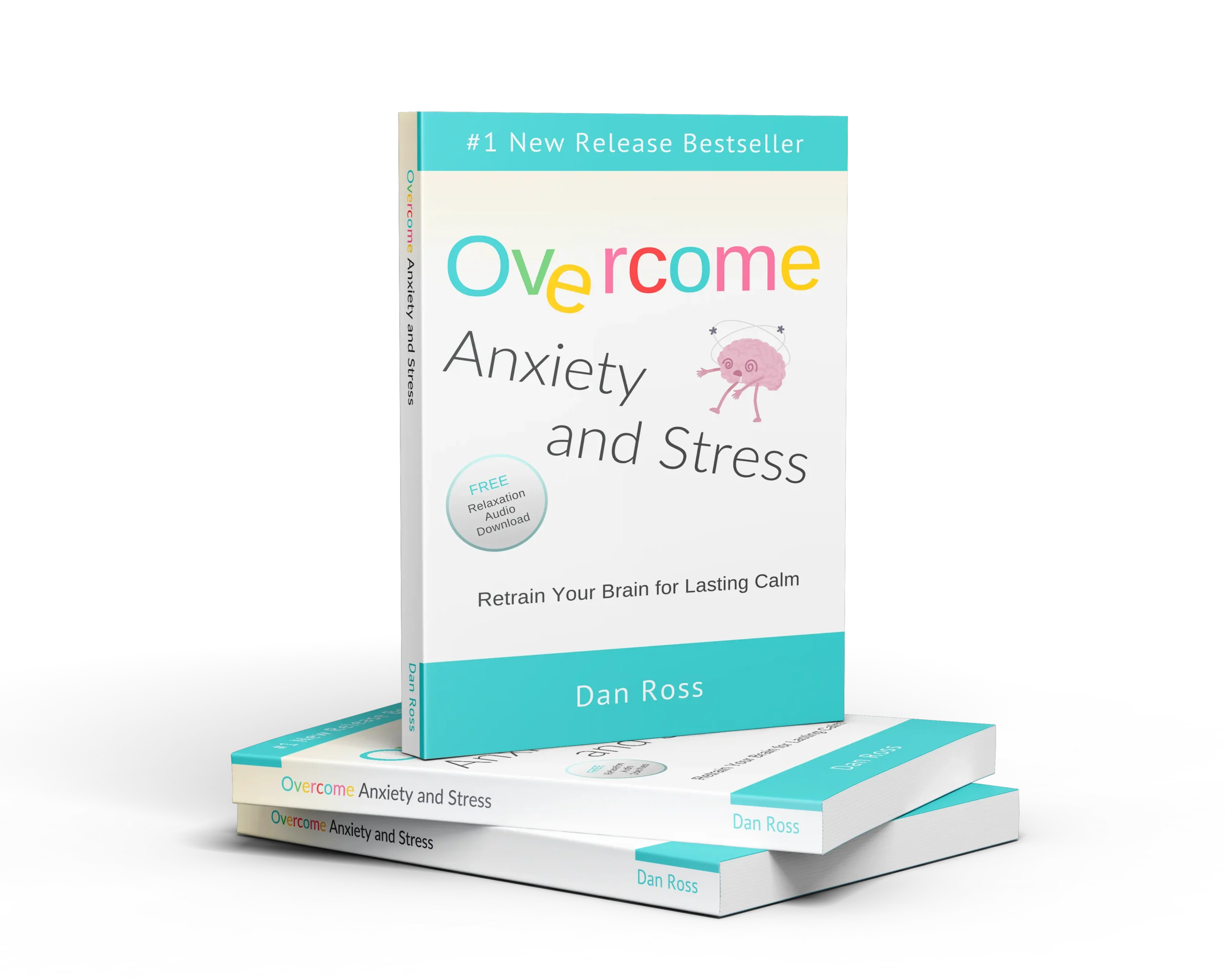Overcome Anxiety, Trauma, Panic Attacks, Fears, and Stress with Hypnotherapy
The award-winning Silicon Valley Hypnosis Center specializes in anxiety-related issues. Relax and heal in our professional office in San Jose or over Zoom worldwide.
Click below to schedule your free consultation or take the hypnotherapy success quiz
Silicon Valley’s Choice for Hypnotherapy
At the Silicon Valley Hypnosis Center, we used evidence-based hypnotic techniques to help you reduce unwanted thoughts and emotions and increase your feelings of happiness and confidence. We offer specialized programs that are tailored to your specific needs. We start by determining where you are now in your life, create a clear vision of where you want to be instead, and help guide you through successful treatment to achieve your goals.
Anxiety and Stress Relief
Access proven techniques to reduce anxiety and stress, neutralize trauma, and foster a sense of calm and confidence.
Weight Loss
Lose weight naturally without diets, by changing your unconscious behaviors around food and exercise, so you keep it off for good.
Career Confidence
Unlock your full potential in a safe and confidential setting. Eliminate blocks so you can enjoy work more and be more successful.
Transformative Hypnotherapy Services
Our specialized hypnotherapy sessions provide a supportive and transformative environment to help you overcome challenges and unlock your full potential. Whether you're addressing personal struggles or working toward growth, we’re here to guide you every step of the way.
Hypnotherapy for Anxiety
Manage stress and anxiety effectively by addressing the root causes and reprogramming subconscious patterns.
Trauma Relief Hypnosis
Heal from emotional wounds and release past traumas to foster resilience and inner peace.
Weight Loss Hypnotherapy
Transform your relationship with food and develop healthy, sustainable habits to achieve your wellness goals.
Confidence & Career Hypnotherapy
Boost your self-esteem and professional confidence, empowering you to achieve your goals.
0+
Years of Experience
0+
Clients Served
0
Certificates
0
Awards
Why Choose Silicon Valley Hypnosis Center?
We have 5-Star reviews on Google and Yelp, and have won multiple awards for best hypnotherapy business in the Silicon Valley.
Satisfied Clients
We follow-up with clients for as long as 10 years to see how they are doing.
Referrals
Happy clients have referred their loved-ones to us, including children, parents, siblings, friends, and even cousins.
Multiple Awards
Besides testimonials from satisfied clients, we have won 8 awards for Best Business in the Hypnotherapy category.

about the founder
Meet Dan Ross, the founder of Silicon Valley Hypnosis Center. With 25 years of experience, Dan has dedicated his career to empowering individuals through transformative hypnotherapy and other rapid-change techniques. Dan combines expertise, compassion, and proven techniques to help clients achieve their personal and professional goals. Dan is an internationally-known leader, author, and speaker in the field as an anxiety specialist
How Does It Work?
We understand that taking the first step toward transformation can feel overwhelming. That’s why we’ve developed a simple and supportive process to guide you through your hypnotherapy journey.
Step - 1
Initial Consultation
Your journey begins with a personalized initial consultation. Conducted through a secure video call, this session gives you the opportunity to discuss your concerns, ask questions, and share your goals for hypnotherapy. Together, we’ll explore how our services can best support your needs.
Step - 2
Treatment Planning
Following the consultation, we’ll create a tailored hypnotherapy plan designed to address your unique challenges and objectives. This plan ensures a structured and focused approach, setting clear milestones to help you achieve your desired outcomes.
Step - 3
Hypnotherapy Sessions
With the treatment plan in place, you’ll begin your customized hypnotherapy sessions. These sessions are conducted virtually, providing you with the flexibility and privacy to engage in therapy from the comfort of your home. Sessions are typically scheduled weekly, ensuring consistent progress.
Step - 4
Celebrating Success
As you complete your hypnotherapy journey, we’ll celebrate your progress and accomplishments together. You’ll leave with the tools and confidence to maintain positive changes, supported by a deep understanding of your growth and transformation.














